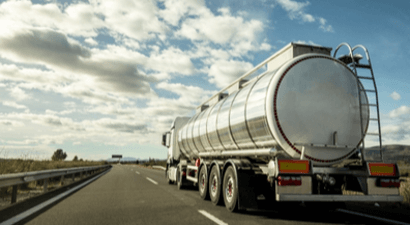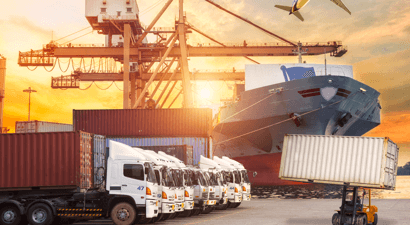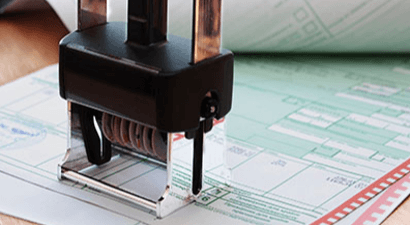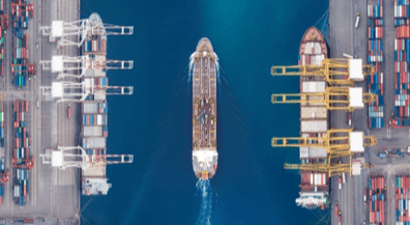Protect Your Assets from Customs
The Customs and Excise division of SARS ("Customs") require bonds / guarantees to secure duty and VAT that is not paid directly on importation. These bonds/ guarantees are referred to as security. SARS has various policies on "bonds", most notably those with SARS reference SC-SE -05 AND SC-SE -06.
In terms of Sections 59A and 60 of the Customs & Excise Act 91 of 1964 ("the Act"), security is required as a condition of licensing or registering for particular facilities and activities. Most bonds are subject to an assessment of the duty and VAT at risk during a particular time frame or transaction.
At the outset, SARS will assess the application and determine the initial amount of security to be furnished in accordance with their policy. This is generally sufficient to cover duty and any taxes.
Licensees/ registrants are expected to do a self assessment of the amount of security required. An incorrect assessment could result in insufficient security, which enables Customs to claim against your assets to recover a debt.
The self assessment includes a number of aspects such as the compliance record of the licensee/ registrant with Customs, and reporting on outstanding obligation(s) in terms of Income Tax, VAT, PAYE, SDL and UIF. Outstanding under-entries, penalties and any other outstanding debt (excluding cases where you have an instalment plan in place with SARS to settle any outstanding amount), or if the matter is contested judicially, pending submission, on appeal or awaiting a tariff or value determination play a major role in deciding the amount of security required by Customs.
Providing sufficient security to Customs protects licensees'/ registrants' assets against claims as a result of contravening the Act, even when it was not done deliberately.
It is a double edged sword. In the commercial world, companies are reluctant to furnish more security voluntarily since there is a cost to such security. You do, however, need to be alive to the fact that you should have sufficient security for duty and VAT. You should also periodically do an audit to ensure that the necessary security is in place to avoid the potential of serious business interruption and possible serious consequences if you are found to be non-compliant.





